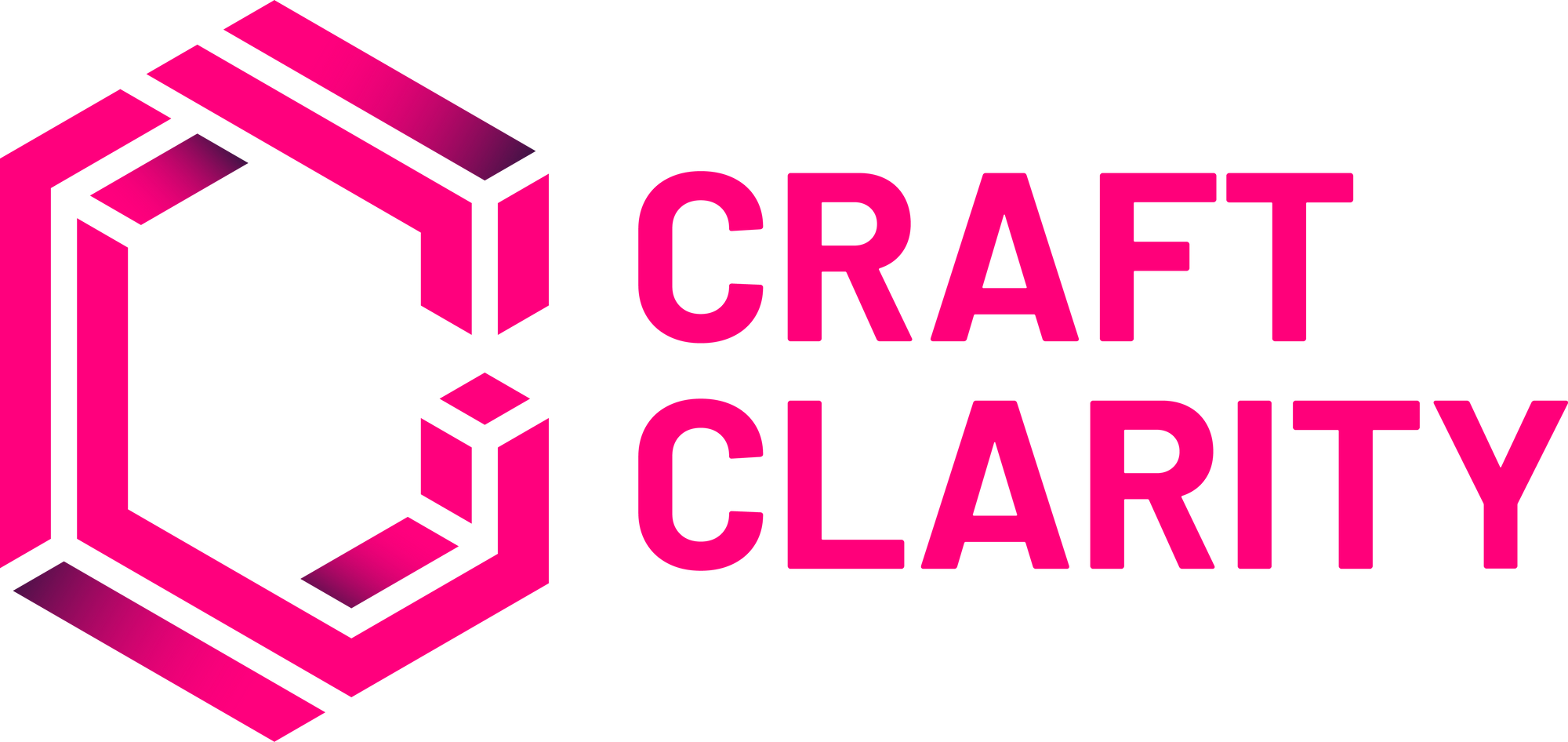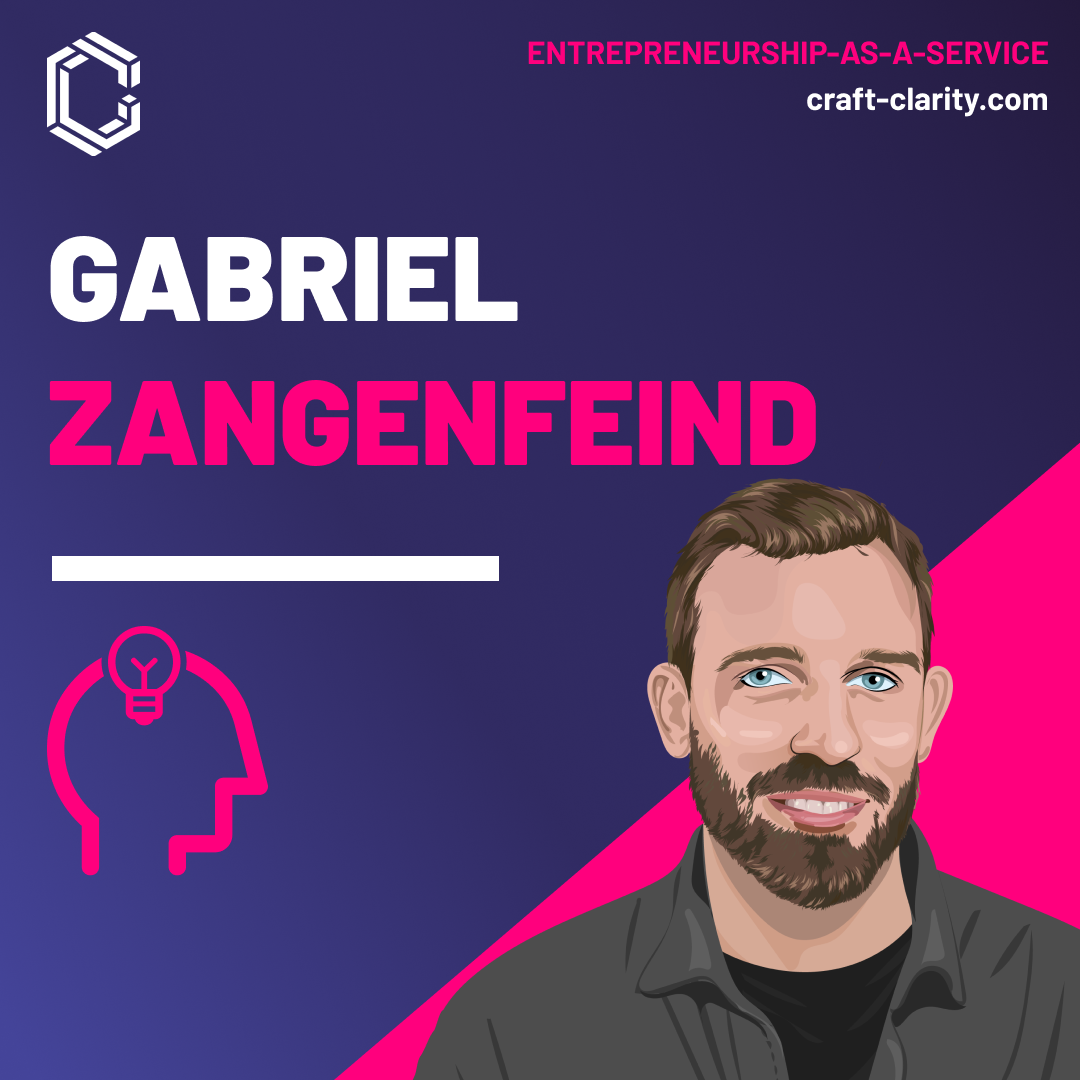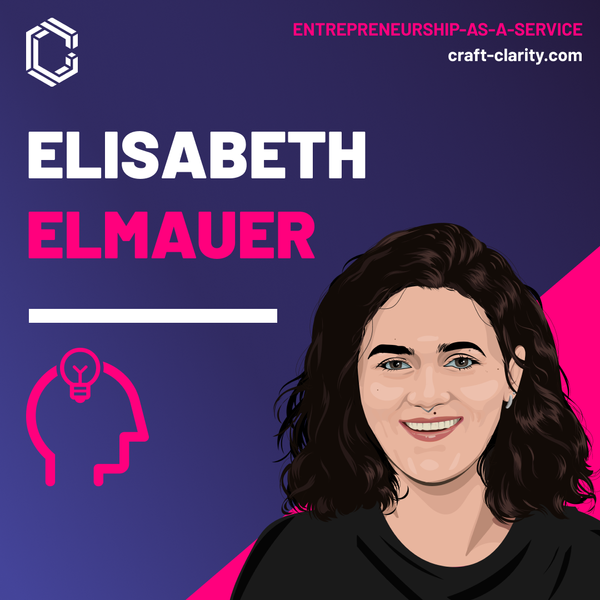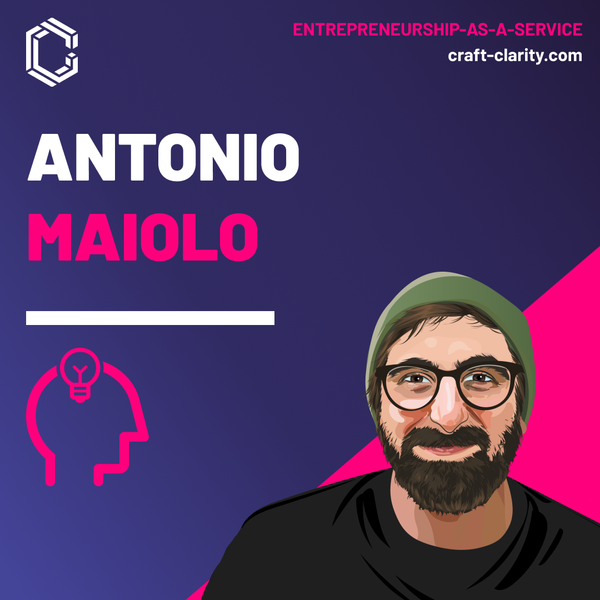Gabriel in a nutshell: Gabi is our sports expert and multi-functional tool at the same time.
Fueled by his love and passion for basketball, he still supports many sports projects, while his Master in Business Administration (MBA) gives him a broad knowledge foundation for economic topics. Besides client work, he currently combines the sport and business interest as an Executive Council member within the International Wheelchair Basketball Federation.
He is also essential for our team energy. As a moderator and contact person, he takes care of everything within the team so that everything runs smoothly.
Or should we say softly? Because his soft skills as a communicator and diplomat in the team are irreplaceable.
According to Gabi, any issue can be resolved with good communication skills and a Swiss army knife mentality: He’s got all the tools at hand and can switch quickly between the many topics. With empathy and uncomplicated communication, he steers and thinks his way through the variety of projects at Craft Clarity.
In addition to this diversity in work at Craft Clarity, Gabi particularly loves the close cooperation with clients. He enjoys the opportunity to be seen as a real partner within the internal team and to accompany the process from start to finish.
He can also identify very easily with the values of Craft Clarity - as clarity in private and business matters is essential to him. Consequently, he likes things to be clear and pragmatic. That’s why he goes for a blue ballpoint pen or a good gin and tonic - plain and simple.
On the one hand very pragmatic, on the other a people person with a big heart. Therefore, his friends and family are the most important and vital things to him. After living in Switzerland for seven years, Madrid for four years and traveling a lot for work, he has been enjoying the time and closeness to his loved ones since moving back to Munich.
But he’s not quite giving up the jet set life just yet. Lunch remains an intercultural travel - „Leberkassemmel” with sushi.
Of course, he also likes to play sports: he used to play basketball, but now he takes it a little easier with tennis and yoga. He has also recently taken a fascination for old vinyl records , even though he says that he’s super unmusical. So he claims that he would never sing karaoke, but let's see what the next company party brings.

“What's on your mind?” - Communication & soft skills in a digital world:
Even though Gabriel likes to operate in the background, he is always happy to act as a mediator to help people deal with their problems thanks to his appreciation for good communication. Therefore, he is also very passionate about emphasizing the importance of good soft skills in everyday life, but especially in professional life.
Which brings us to the topic of this edition of "what's on your mind?"We interviewed Gabi about the role of communication in the digital world and why he thinks reinforcing human interaction will be key for technological progress.
Gabriel shares his observations when it comes to communication on a professional level and advocates for improving the way we interact. We hope you enjoy the interview outcomes!
The starting point for our conversations was that Gabi expressed the following: “I am someone who sees change as something positive and inevitable. I believe that change always entails opportunities. We live in very interesting times and whilst the rise of AI may be scary, it has the potential to revolutionize the way we work. The challenge will be to ensure that we, as humans, don’t compete with AI and rather focus on & strengthen what makes us irreplaceable: our ability for empathy, to communicate and critical thinking.
So eventually, the key question will be: which processes cannot and should not be automated.
Basically, my desire would be that AI is utilized to reduce work, while strengthening human components. Even if a lot will be mapped via AI in the future, there will still be processes and coordination channels that only function on a human level.
There are many processes that should still entail heavy human-centered components and AI is only playing a supporting role, if any. For those processes and responsibilities, it will become even more important that we embrace what makes us human.
“Good communication skills are the future of our collaboration.”
This is why human components will become increasingly important as AI usage increases.
Not only because AI is trained by humans, but also because there will always be human interaction. People will always have to work together and interact with each other. This makes good communication essential. Even though our lives become increasingly digital and seemingly human interaction becomes less relevant, I am convinced that we are living in a world in which soft skills will become increasingly important.
“This communication gap is also the biggest problem with AI.”
In many projects and even when there is no AI involved, I often get the feeling that experts are talking to each other, but fail to understand the other person. This has a lot to do with different communication cultures. One person uses industry-internal or company-internal language that the other person cannot understand nor interpret. This can range from the choice of words and parts of the conversation to facial expressions and gestures. It is my personal instinct that in these moments of “alleged misunderstanding”, I try to mediate, understand the persons, include their feelings and guide the conversation in the right direction. I give small impulses to bring people's language at eye level.
Now, I am worried that this communication gap will even get bigger when AI is involved. It will remain part of our professional reality - regardless of the set-up: when people and AI interact or different AI-tool interact between them.
AI will always reflect what it has been taught. But the interpretation of the results on the other hand will remain human. The crucial point is therefore always how humans interpret the output. Obviously, crafting the AI bias-free and culturally appropriately in the first place plays an equal role - refer to our blog post on AI bias for more on the matter.
“We need to focus on the skills that a machine is unable to perform.”
So, how do you communicate between people the right way? The digital world is causing everything to become ever shorter and more interpretative. Without good communication, collaboration will no longer work in the future. We need to start talking more to each other again.
I believe that we have to be very careful as a working world that these interactive components become more human than they are today. What do I mean: Already today, a two word email reply leaves 99% of readers unsatisfied (we’ve all received such emails from our bosses, didn’t we?) In the future, we will write less emails (as AI will make many email chains obsolete) so every human-written word will count even more, because you are not only addressing a professional question, but rather talking with a very human colleague.
Let's take the example of working remotely: we are all big fans of working from home at Craft Clarity. On the one hand, it helps with human aspects such as family and work-life balance. But in the work context, you simply have one more screen between people in terms of communication.
Moving forward, we need to focus on the skills that a machine is unable to perform. In addition to good communication, this always includes empathy and friendliness. In order to fully utilize this human component, the team should meet in a room. This always provides a completely different basis for interaction and brings so much value to a team.
“My tip: take a communication course instead!”
Therefore, the topic of soft skills should be brought much more to the fore.
Social skills should play a greater role in general education at universities and schools. They are very individual, but there could be more focus on how to create understanding and empathy for situations. Many things you learn in class these days will soon be covered by AI or find digital solutions. My tip: let's introduce communication & soft skill courses instead to the academic upbringing of future generations!
There is so many social skills we should sharpen as a society: critical thinking, meaning questioning topics ethically and outside the box, is a skill that cannot be fully replaced by a machine. A machine can already do this to a large extent, but only in a very systematic and structured way. When we get into the topic of deep fake and information dissemination, human characteristics become very important.
But also the other characteristics that define a human being: having their own awareness and judgment to questioning things.
“When in doubt, a shared problem ultimately becomes half the problem.”
Finally, when it comes to sharing a few suggestions on how to communicate, all I can just say is that you should make a very conscious decision about how forthright and willing to share you want to be. It helps those around you to understand you as a person more clearly and to work better together if you talk about you, your needs and emotional world. When in doubt, a shared problem ultimately becomes half the problem. Conscious sharing gives other people the opportunity to adapt the way they deal with you appropriately. I think that's important.”




